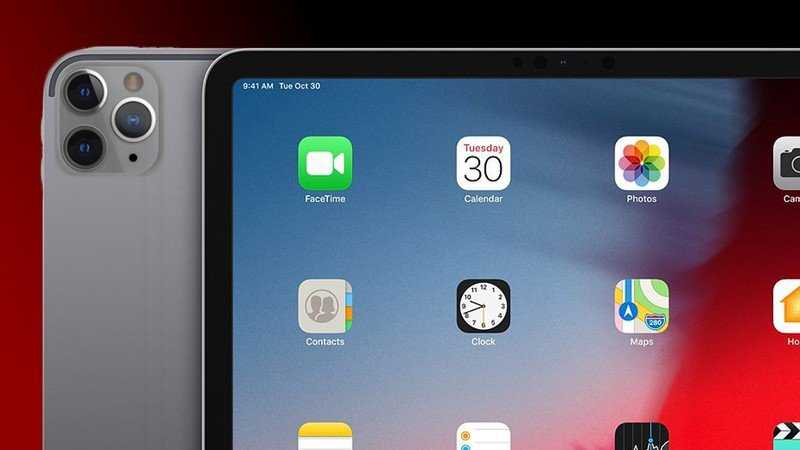Flaw found in iPhone, iPads may have allowed hackers to steal info for years
23 April, 2020

Apple Inc is likely to fix a flaw a security organization said may have gone over fifty percent a billion iPhones vulnerable to hackers.
The bug, which also exists on iPads, was found out by ZecOps, a San Francisco-based cellular security forensics company, although it was investigating a sophisticated cyberattack against a customer that occurred in late 2019. Zuk Avraham, ZecOps' chief executive, said he found proof the vulnerability was exploited in at least six cybersecurity break-ins.
An Apple spokesman acknowledged a vulnerability exists found in Apple’s application for email in iPhones and iPads, known as the Mail app, and that the business had developed a fix, which is rolled out found in a forthcoming update on millions of equipment it has sold globally.
Apple declined to touch upon Avraham’s research, which was published on Wednesday, that suggests the flaw could be triggered from afar and that it had already been exploited by code hackers against high-profile users.
Avraham said he found data that a malicious program was taking good thing about the vulnerability in Apple’s iOS mobile operating-system as far back as January 2018. He cannot determine who the hackers had been and Reuters was struggling to independently verify his say.
To execute the hack, Avraham said victims would be sent an apparently blank email communication through the Mail application forcing a crash and reset. The crash opened up the entranceway for hackers to steal different data on these devices, such as photographs and contact details.
ZecOps claims the vulnerability allowed hackers to remotely steal info off iPhones whether or not these were running recent variations of iOS. By itself, the flaw could have given access to whatever the Mail software had access to, including confidential messages.
Avraham, a ex - Israeli Defense Force protection researcher, said he suspected that the hacking strategy was part of a chain of malicious courses, the rest undiscovered, that could have given a great attacker full remote access. Apple declined to touch upon that prospect.
ZecOps found the Mail iphone app hacking strategy was used against a client last year. Avraham defined the targeted customer as a“Fortune 500 UNITED STATES technology company,” but declined to mention it. In addition they found proof related attacks against staff members of five others in Japan, Germany, Saudi Arabia, and Israel.
Avraham based most of his conclusions on info from “crash studies,” which are made when programs fail found in mid-task on a device. He was then in a position to recreate a method that caused the handled crashes.
Two independent security experts who reviewed ZecOps’ discovery found the evidence credible, but said they had not yet totally recreated its findings.
Patrick Wardle, a great Apple security expert and previous researcher for the U.S. National Security Agency, explained the discovery “confirms what is definitely somewhat of a fairly badly kept magic formula: that well-resourced adversaries can remotely and silently infect totally patched iOS devices.”
Because Apple had not been aware of the program bug until recently, it might have been very valuable to governments and contractors giving hacking services. Exploit courses that work unexpectedly against an up-to-date mobile can be worth a lot more than $1 million.
While Apple is largely viewed within the cybersecurity industry as having a higher standard for digital reliability, any successful hacking approach against the iPhone could affect millions as a result of device’s global attractiveness. In 2019, Apple explained there have been about 900 million iPhones in active use.
Bill Marczak, a secureness researcher with Citizen Lab, a Canada-based academic security study group, called the vulnerability discovery “scary.”
“Frequently, you can take comfort from the actual fact that hacking is preventable,” said Marczak. “With this bug, it doesn’t matter if you’ve acquired a PhD in cybersecurity, this will take in your lunch.”
Source: japantoday.com
